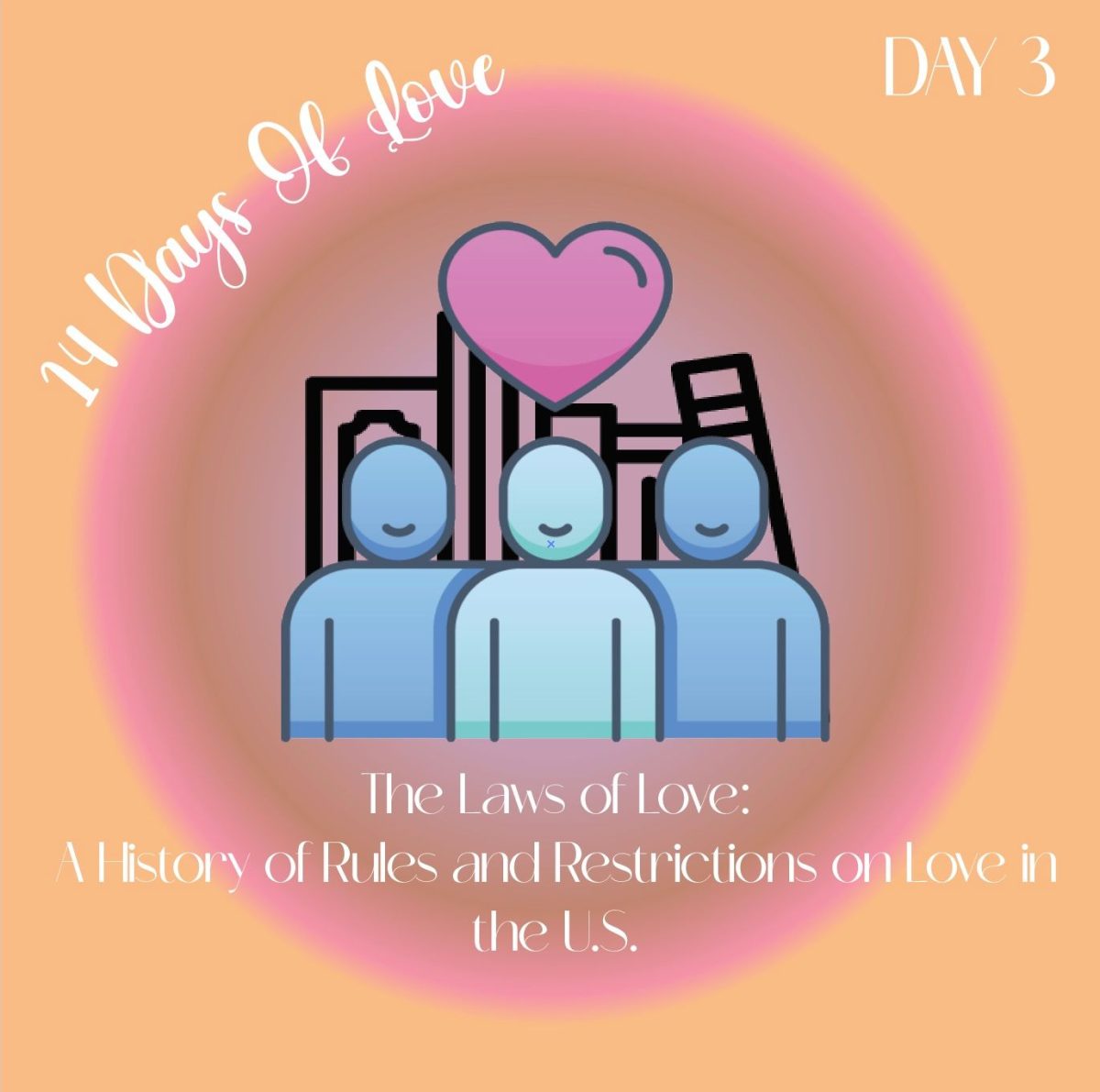Often known as the land of the free, laws regarding love and relationships have not garnered the same freedom throughout history. The history of love, starting in the early colonial times until the present day, has experienced both laws that regulate and restrict relationships in the U.S. Below is the history of notable rules and restrictions of love laws since the 19th century:
1882
Edmunds Anti-Polygamy Act
The Edmunds Anti-Polygamy Act declares polygamy — the practice of having more than one spouse — as a felony. This law was introduced by Republican U.S. Senator Goerge F. Edmunds. This law challenges the beliefs and practices of Mormonism. The law also restricts the civil rights of people in these relationships, such as the right to vote, hold public office and serve on juries. In 1890, the Mormon Church officially banned the practice of polygamy.
1965
Griswold v. Connecticut
In Griswold V. Connecticut the Supreme Court of the U.S. ruled against a Connecticut law that criminalized the use of contraceptives, even by married couples. In its decision, the SCOTUS held that the law violated the right to marital privacy, establishing that individuals had a constitutional right to make private decisions about family planning and the use of contraceptives without government interference.
1967
Loving v. Virginia
A decision stating the banning of interracial marriage violates the 14th amendment, Loving V. Virginia was a civil rights decision passed concerning the case of Richard Loving, a white man, and Mildred Jeter, a black woman, who got married in Washington D.C.. The couple faced criminal charges upon returning to their home state of Virginia, where their interracial marriage was illegal. The results of this case overturned the Racial Integrity Act of 1924 which prohibited interracial marriage by declaring that the original law violated the Equal Protection Clause of the 14th Amendment.
1986
Immigration Marriage Fraud Amendments
Under the Immigration Marriage Fraud Amendments, a marriage can not be conducted to evade U.S. immigration laws or obtain immigration benefits, such as a green card. The amendments specifically address and penalize marriage fraud, aiming to ensure the authenticity of a marriage.
2015
Obergefell v. Hodges
In the SCOTUS Obergefell V. Hodges decision, same-sex marriage was legalized in the U.S.. The SCOTUS declared that state bans on same-sex marriage were unconstitutional, affirming that the fundamental right to marriage extended to couples of the same sex. This case represented a historic advancement of LGBTQ+ rights, establishing marriage equality as a nationwide legal standard.
“It’s important that everyone should have the same rights. Regardless of who you are, who you love, everyone has the right to choose who they want to marry. It’s better late than never, but it was a long time coming but that’s the way things work in this country,” Alliance Club Sponsor Daniel Hurst said.
2022
Respect for Marriage Act
In the Respect for Marriage Act, same-sex and interracial marriages are recognized by replacing previous provisions defining marriage in gender-specific terms as between a man and a woman. This repeals the 1996 Defense of Marriage Act which defines marriage as a legal union between one man and one woman and allows states to not recognize same-sex marriages.
“I think that’s also a good move forward. We all identify in different ways. You could identify based on your sexuality, you can identify based on your gender, but love is love. And two people can love regardless of what they identify as with their gender or their sexuality,” Hurst said.














